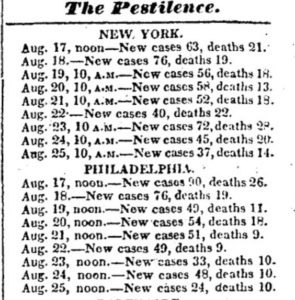
Presidential Politics in a Public Health Crisis: Cholera and the 1832 Election
Over the hubbub of presidential campaigning glided the specter of disease. “A short time since there was an excitement about the election,” reflected a resident of New Orleans in November 1832, “but now we hear nothing but sickness and death.”[1] As modern-day Americans anticipate voting amid a pandemic, some have ...
Read More
Read More

Popularizing Proslavery: John Van Evrie and the Mass Marketing of Proslavery Ideology
Let’s start with a quiz. 1: What are zygomatic arches? 2: Who, exactly, was Amunoph IV? 3: What are the key similarities and differences between the Esquimaux Dog (C. familiaris, Desm.) and the Hare-Indian Dog (C. familiaris lagopus)? These questions are drawn from references made in one of nineteenth-century America’s ...
Read More
Read More

Teaching Military History with the Official Records
Every time I teach my Civil War and Reconstruction course, I meet students who probably would not have taken any other history class. The enormous popular interest in military history, as most academic historians know, can draw students into the discipline. At a time when boosting course enrollments and attracting ...
Read More
Read More

Before Opinion Polling: Tracking Public Sentiment in Civil War-Era Politics
For better or for worse, public opinion polls are deeply embedded in American politics. Proponents argue that polls keep elected officials connected to their constituents, make the government more responsive to popular demands, and dispel “myths and stereotypes that might otherwise mislead public discourse.”[1] Critics argue that strict obedience to ...
Read More
Read More
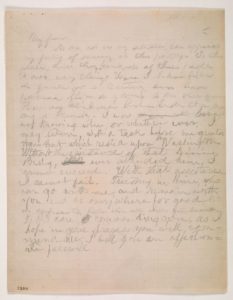
Teaching with Raw Primary Sources: The Value of Transcription
The rhythms of academic life make August an opportune time to reflect on past teaching and to plan new lessons. Teachers of history at all levels appreciate that primary sources can pique students’ curiosity and introduce them to historical methods. Whether through the Document-Based Questions featured in Advanced Placement exams ...
Read More
Read More
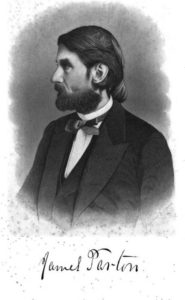
A Historian for Troubled Times: James Parton, Andrew Jackson, and the Secession Winter
The cry echoed throughout the crisis which followed Abraham Lincoln’s election: “Oh, for an hour of Jackson!” It crossed party and even sectional lines, linking dyed-in-the-wool Democrats to rock-ribbed Republicans, and indignant northerners to anxious southern dissenters. As they scorned lame-duck James Buchanan and awaited his untested successor, many Unionists ...
Read More
Read More
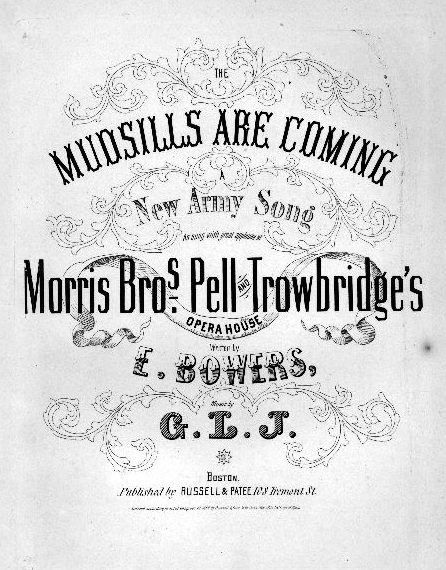
Mudsills vs. Chivalry
Writing home from Alabama in November 1863, an Ohio cavalryman celebrated the overthrow of the Southern aristocracy: “The mud sills of the North roam at will over the plantations, burn rails, forage on the country, and the negroes flock into our camps, leaving their lordly masters helpless and dependent,” he ...
Read More
Read More
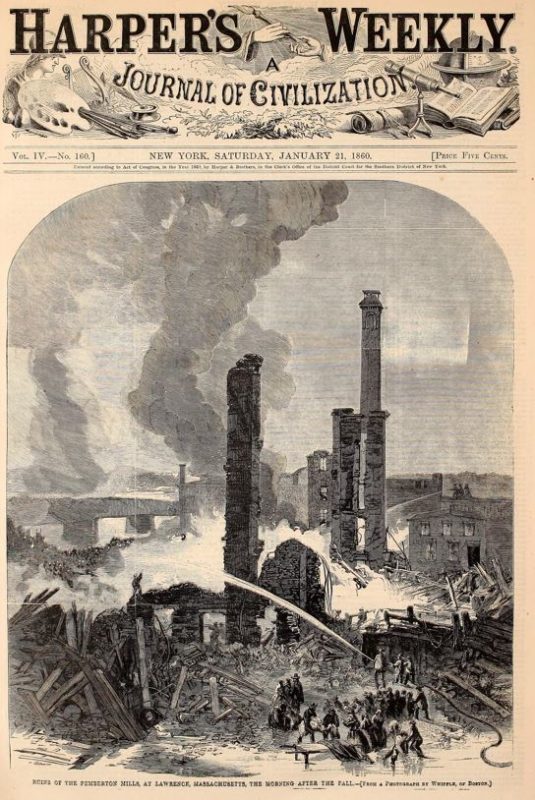
The Other Lawrence Massacre: Sectional Politics and the 1860 Pemberton Mill Disaster
Political polarization often magnifies the public significance of a tragedy. As Americans prepared for a bitterly contested presidential election in early 1860, a gruesome industrial accident in Lawrence, Massachusetts, reignited conflict between champions and critics of wage labor. Unlike the violent episodes of 1856 and 1863 in Lawrence, Kansas, the ...
Read More
Read More
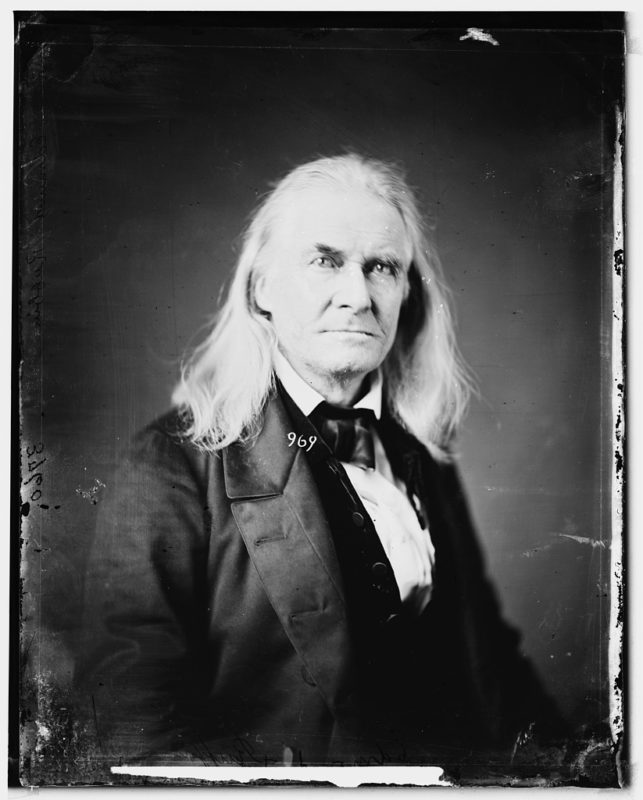
Long Haired Sixties Radicals
Louisa was fifteen when the revolution began, and her enthusiasm was undimmed when she wrote her memoirs sixty years later. She recalled the spectacle: houses illuminated with candles, bells ringing, tar barrels burning, flags waving. Most of all, she remembered the people. “I can never forget how those men used ...
Read More
Read More
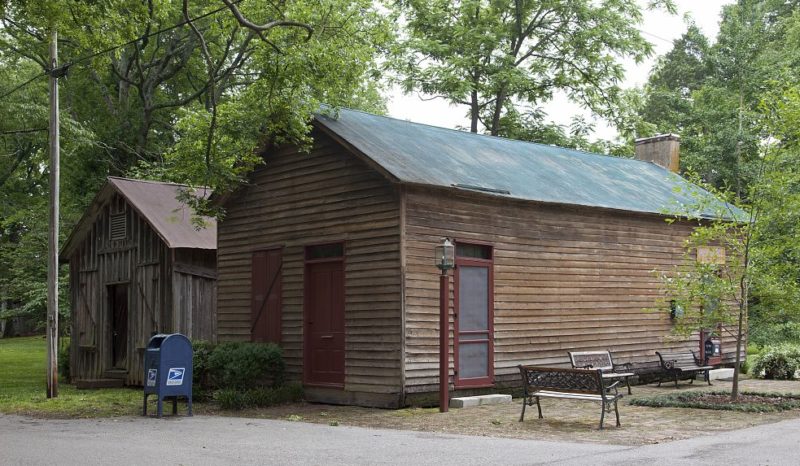
Neither Snow Nor Rain Nor Secession? Mail Delivery and the Experience of Disunion in 1861
If your state seceded from the United States today, how would it first affect your daily life? Scholars typically study the secession crisis of 1860 to 1861 in terms of high politics, with the action unfolding in Washington and southern state capitals. For humbler residents of the seceding states, however, ...
Read More
Read More
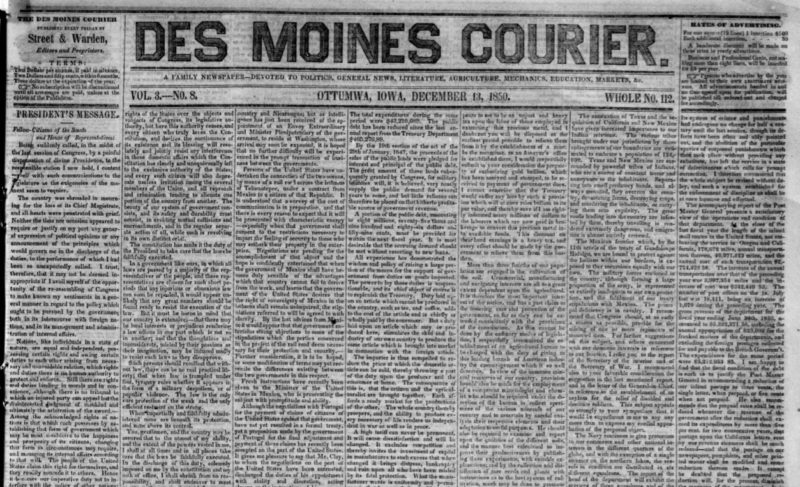
Politics of the English Language: Views from 1850
As a practical tool and a badge of belonging, language is central to our sense of self. The United States has no official language, but the status of its dominant tongue shapes many contemporary conflicts over immigration and national identity. In the name of unity and assimilation, supporters of the ...
Read More
Read More

Was There a Plot to Kill Stephen Douglas?
Stephen A. Douglas’s return to the Senate in early 1859 should have been triumphant. He had just been re-elected after a tough campaign against Abraham Lincoln, and he was already anticipating a presidential bid in 1860. But after a meandering journey from Chicago through Memphis, New Orleans, Havana, New York, ...
Read More
Read More

The Dark Underbelly of Jefferson Davis’s Camels
Aside from his truncated term as Confederate president, Jefferson Davis might best be known for his camel experiment: the importation of some seventy-five camels for military testing in Texas and the southwest in the late 1850s. He launched the offbeat operation while serving as secretary of war under President Franklin ...
Read More
Read More
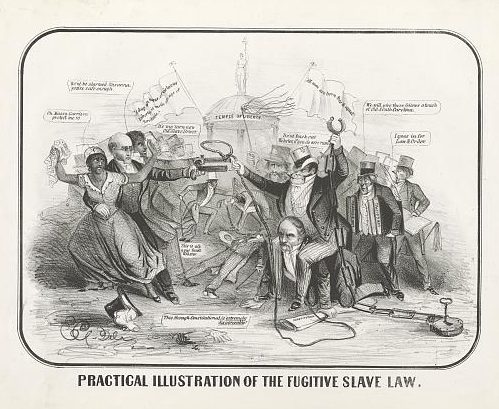
States’ Rights and Antislavery Activism
Michael E. Woods, associate professor of history at Marshall University, has joined our team of Muster correspondents. He is the author of two books and several articles about politics in the antebellum period. Here he offers his first Field Dispatch. Let us know what you think in the comments! The ...
Read More
Read More

Fraud, Violence, and ‘Rigged’ Elections: A Warning from Bleeding Kansas
Democracy is fragile. One whiff of dishonesty, real or imagined, can undermine our dedication to democratic procedures. Even the wildest accusations about an opponent’s unethical or illegal behavior can help us justify rewriting the rules, or ignoring them altogether, in the name of victory. Allegations of electoral trickery are not ...
Read More
Read More
